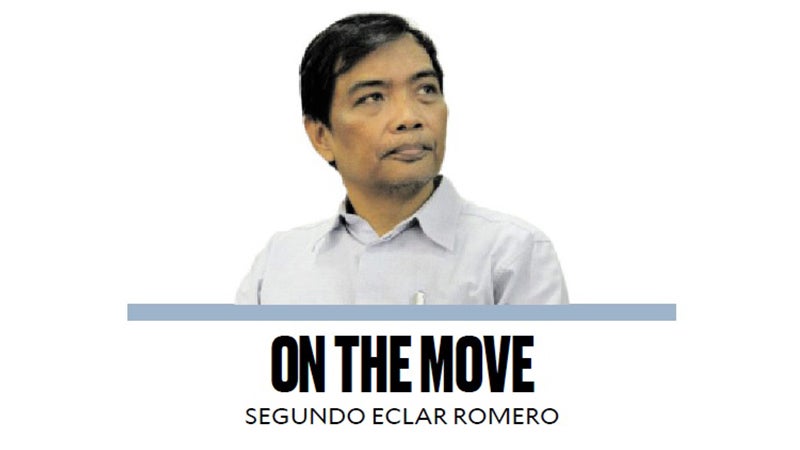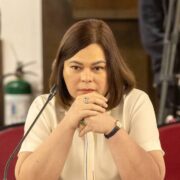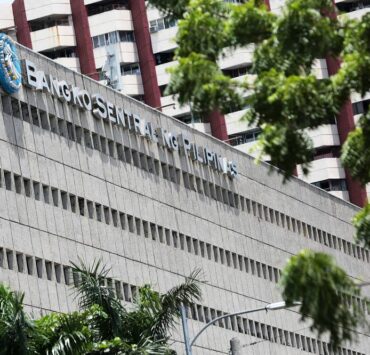How the midterms redrew the road to 2028

The May 2025 Philippine midterm elections stunned political observers and campaign strategists alike. What was widely expected to be a tepid checkpoint in the electoral cycle turned out to be a national reawakening. The results—marked by an 81-percent turnout, the highest since the Edsa era—signaled a seismic shift in voter behavior, party alignments, and political momentum.
Contrary to the linear trends projected by preelection surveys, the final senatorial tally revealed a last-minute upheaval—what might be called a political “parting of the Red Sea.” Bam Aquino and Kiko Pangilinan, once consigned to the margins of viability, surged into the Top 5. Newcomers like Heidi Mendoza broke through the electoral noise with campaigns powered by integrity and grassroots connections—not dynastic machinery.
These outcomes defied the myth of stable public opinion. In truth, voter sentiment in the Philippines remains VUCA: volatile, uncertain, complex, and ambiguous. Filipinos are not passive respondents to surveys; they are alert political agents who pivot quickly in response to moral cues and political developments. The last days of the campaign—shaped by images of former president Rodrigo Duterte being flown to The Hague and the impeachment of Vice President Sara Duterte—became catalysts for a collective reckoning.
The mythology of Duterte-style populism collapsed in real time. Once buoyed by a sense of authenticity and strength, the Duterte brand is now weighed down by scandals, legal peril, and fatigue. While some loyalists like Sens. Bong Go and Ronald dela Rosa clung to Senate seats, they now represent nostalgia more than a future promise. Sara Duterte, impeached and increasingly isolated, has failed to project a compelling national narrative or agenda.
In contrast, the elections ushered in what might be described as a meritocratic renewal. Candidates like Aquino and Pangilinan were not simply “anti-Duterte” figures. They were seen as competent, credible, and principled—a rational middle ground between elitist detachment and populist spectacle. Mendoza, who lacked political machinery but earned over 8 million votes, personified the electorate’s yearning for moral leadership.
The Iglesia ni Cristo’s (INC) endorsement of Bam Aquino further illustrates this recalibration. Often pragmatic in its choices, the INC sent a signal to voters and elites alike: Aquino represented stability without chaos, reform without rupture. His victory embodied a strategic pivot toward governance over drama.
What’s emerging is not just an opposition revival, but a post-populist reorientation. The Pink Movement, once dismissed as moralistic and disorganized, has regained credibility. But it must evolve. Its future lies not in purity politics or spontaneous mobilization, but in building sustained, inclusive, and programmatic political infrastructure.
The 2025 midterms also revealed a new kind of voter—particularly among the youth and first-time voters. These digital natives are not swayed by spectacle alone. They are tuned into meaning, not just noise. They respond to ethical narratives, and they act decisively when authenticity aligns with competence. They are reshaping politics not from above, but from within—quietly, persistently, and irreversibly.
This shift holds deep implications for 2028. For the first time in a decade, there is no clear heir to the presidency. The once-dominant Marcos-Duterte bloc is fractured. The private sector, weary of erratic leadership, is leaning toward stability, rules-based governance, and accountability. A rare alignment is emerging: moral voter energy, a discredited authoritarian camp, a directionless administration, and a reformist opposition coalescing around democratic values.
But this opportunity is fragile. Momentum alone will not sustain it. To transform this moment into a genuine turning point, political actors must invest in civic infrastructure—recruiting new leaders, professionalizing party systems, and linking reformist energy with tangible legislative and executive strategies. Civil society must push for policy clarity on climate justice, education, innovation, and inclusive prosperity.
The lesson of May 2025 is not simply that voters are awake. It is that they are discerning. They have shed their binary loyalties and transactional expectations. They are no longer choosing between evil and the lesser evil—but between chaos and competence, spectacle and substance.
If the forces now stirring can hold together, May 2028 could mark more than another electoral cycle. It could inaugurate a new political era: democratic, grounded, and built on a foundation of integrity. The sea has parted—not forever, and not without risk—but enough for a narrow path to emerge. It is up to us whether we walk through it.





















